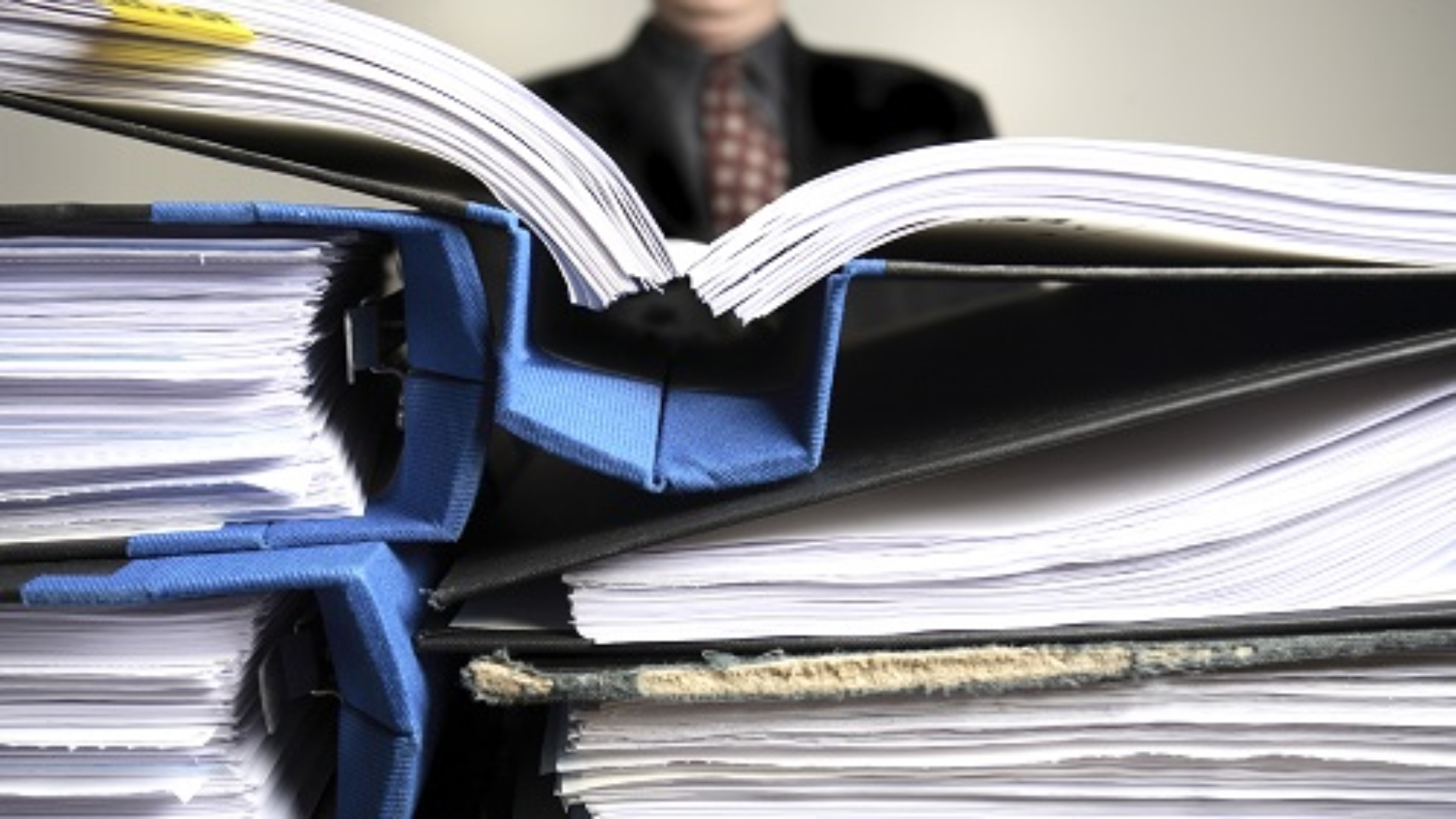Since tax time isn’t until next April, organizing your documents right about now might not be top of your mind, or even something you want to do. However, if you don’t want to have to scramble come springtime, you might want to organize your paperwork all year long. Here’s why: It expedites the process when you really do have to begin your tax prep and it’s actually pretty easy. Start with simple categories (listed below), grab some folders and put them in a filing cabinet – or any safe place. This way, when tax time comes around, you’ll be ready.
Income
This is pretty obvious, but it’s not just limited to your paycheck, W-2 forms or 1099s. You’ll also want to keep jury duty records, income and expenses from a hobby (or side hustle), prizes and awards (monetary), health care reimbursements, as well as alimony you received. If you earned money doing something, keep the receipts and put them in this folder.
Vehicles/Cars
First, make a copy of the state taxes for your vehicles. Even if you don’t own your own business, make sure you keep track of miles driven, parking and tolls. (Of course, if you have a company, you’re already doing this.) Next, keep all your receipts for gas, car washes, maintenance, etc., so you can claim these.
Kids
Be sure to keep receipts for childcare. Why? You can get a credit that will cover up to 35 percent of childcare expenses, or up to $3,000 for a child under 13, or $6,000 for two or more qualifying children. Furthermore, your employer may offer a plan that excludes up to $5,000 from your taxable wages for qualified childcare expenses. In addition to these costs, make sure you keep a record of child and caregiver tax ID numbers and/or Social Security numbers. You’ll need them.
Doctor/Dentist
Keep these receipts for all out-of-pocket procedures. You know there will be some. In fact, if your total annual medical expenses are greater than 7.5 percent of your AGI (adjusted gross income), you can claim the deduction. Hang on to those precious receipts.
Investments
This is an important category. First, make sure you have all the necessary documents for your 401k, IRAs, etc. But that’s not all. Do you have a college fund? Any other investments? If you have any doubt about something, don’t throw it away. Keep it.
Real Estate
Whether you own one home or many, make sure you keep your 1098, which is your mortgage interest statement. Your closing statement, property taxes and home improvement receipts are also important papers to safeguard.
Charities
Did you give to a friend’s kid’s band fund? Give any clothes away to Goodwill? Donate to your alma mater? Wherever you’ve made contributions, document it. It’ll come in handy.
Other
This is the category for the things that don’t fit neatly into any of the above categories. If you have questions about any of your receipts, check out this guide.
Admittedly, keeping track of important tax documents and receipts isn’t the easiest thing to do – or the most fun. But if you designate categories, slow down, and take time to stash important papers away, you’ll be way ahead next spring.
Sources
https://apersonalorganizer.com/tax-documents-checklist/
https://turbotax.intuit.com/tax-tips/family/sweet-child-of-mine-tax-credits-for-parents/L1DqxZ9mh


Add a Comment